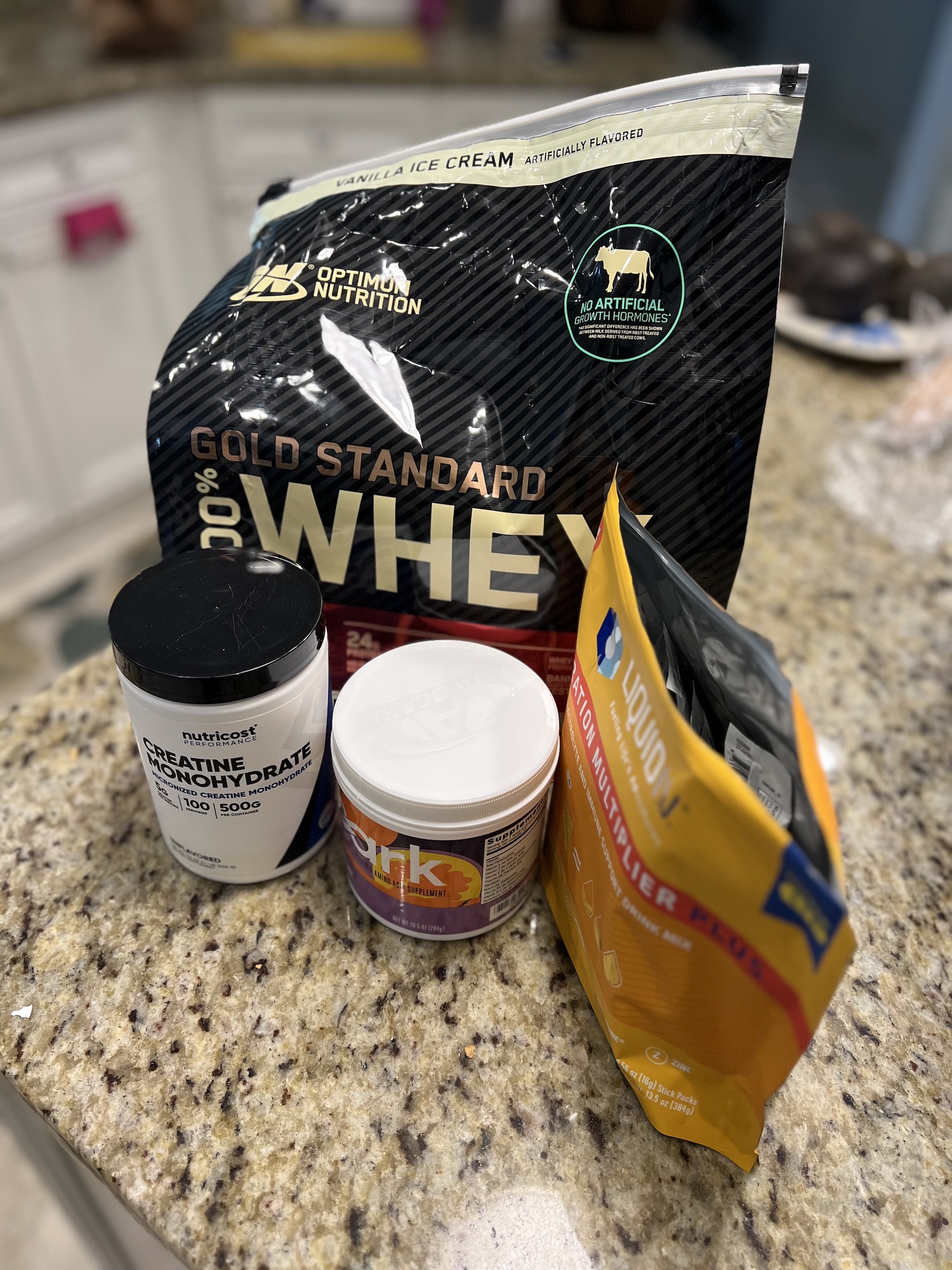By Rocco Garcia
Many teenagers are becoming attracted to achieving the perfect physique. With social media influencers displaying hard work and dedication on a social media platform, in addition to the supplements an influencer may promote, it is not a coincidence that teenagers want to use supplements like creatine monohydrate, whey protein powder, branched-chain amino acids (BCAAs), and pre-workout. Many questions and concerns have appeared whether teenager consumption of supplements benefits or damages ones physical or mental health. According to a study done by NPR, 40 percent of men increased supplement intake. According to Harvard, pre-workout supplements give athletes an extra boost in endurance and energy. In addition, post-workout can give aid and help recover one’s muscles.
Workout supplements are almost guaranteed to promote muscle growth, speed fat loss, and boost endurance. These supplements include amino acids, protein powder, and creatine. Protein, as well as any other macromolecule, is very vital for muscle restoration and growth. According to Healthline, most pre-workout supplements contain caffeine and nitric oxide precursors that increase blood flow and energy levels. Carson Evanger, a Ponte Vedra High School junior, says “I see possible benefits such as better stamina/energy and better muscle growth; I also feel more energy depending on the type of supplement I take.”
“It is imperative to choose a supplement that is well researched, as most supplements in the market have not been evaluated or approved by the Food and Drug Administration (FDA).”
-Roberto Guerrero
While it may seem that supplements work instantly, teenagers should be aware of the possible downsides of taking supplements. The juvenile mind and body are in a delicate development process and product ingredients can alter changes in the body. Roberto Guerrero, an NYU Dental student, says “It is imperative to choose a supplement that is well researched, as most supplements in the market have not been evaluated or approved by the Food and Drug Administration (FDA).” According to the National Institute of Health, some supplements can include androgenic steroids, and some can have an egregious amount of protein or creatine that can cause blood urea. Some supplements have ingredients that can disrupt hormones and interfere with growth patterns. In addition, caffeine-based supplements strain developing organs, which leads to non-aligned heartbeat and high blood pressure. Guerrero added, “Two supplements that I use religiously are pre-workout and creatine. Some side effects of creatine, which is the most studied supplement on the market, is potential bloating or nausea, yet very rare. In contrast, pre workout can cause tachycardia as the heart rate increases due to the high levels of caffeine and other compounds such as beta alanine.” In addition, supplements that include caffeine might form an addiction, and teenagers may rely on supplements, which strains the ability for healthy exercises.
The usage of supplements is both attractive and, at the same time, possibly dangerous. While some supplements boost muscle growth and endurance, it must also not be abused and relied on. Success takes time and cannot be accomplished overnight, teenagers may also get the feeling that if a social media influencer can achieve one’s goal in a particular time, a teenager can. The journey to achieving one’s fitness goals takes a long time but comparing where one is now to where one started is very reassuring.






W article very informative and well written.